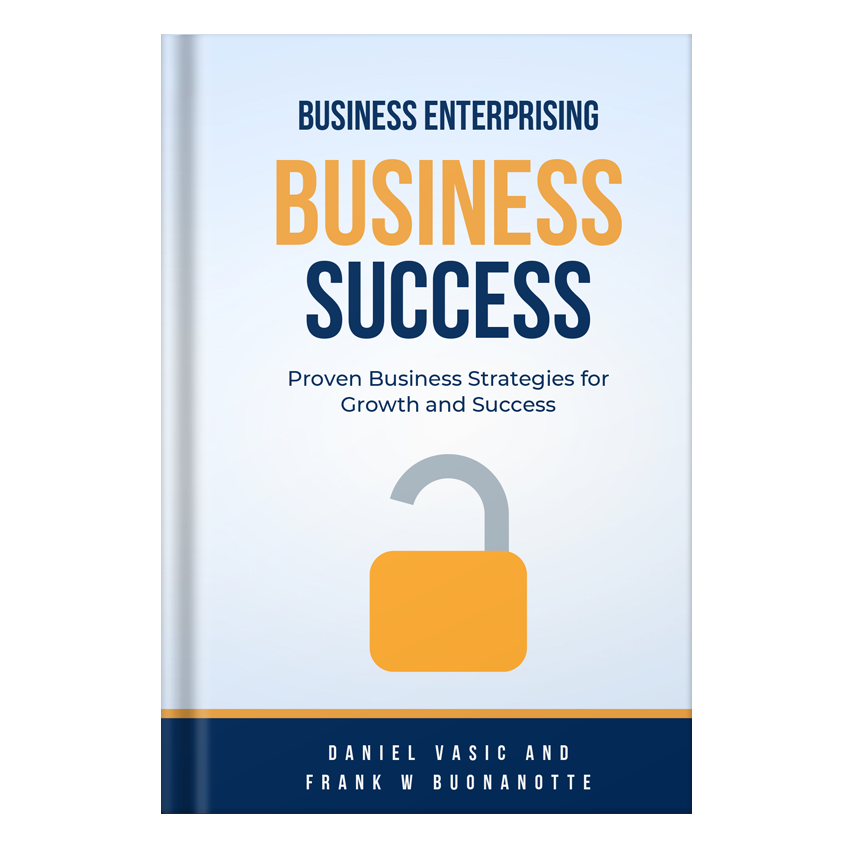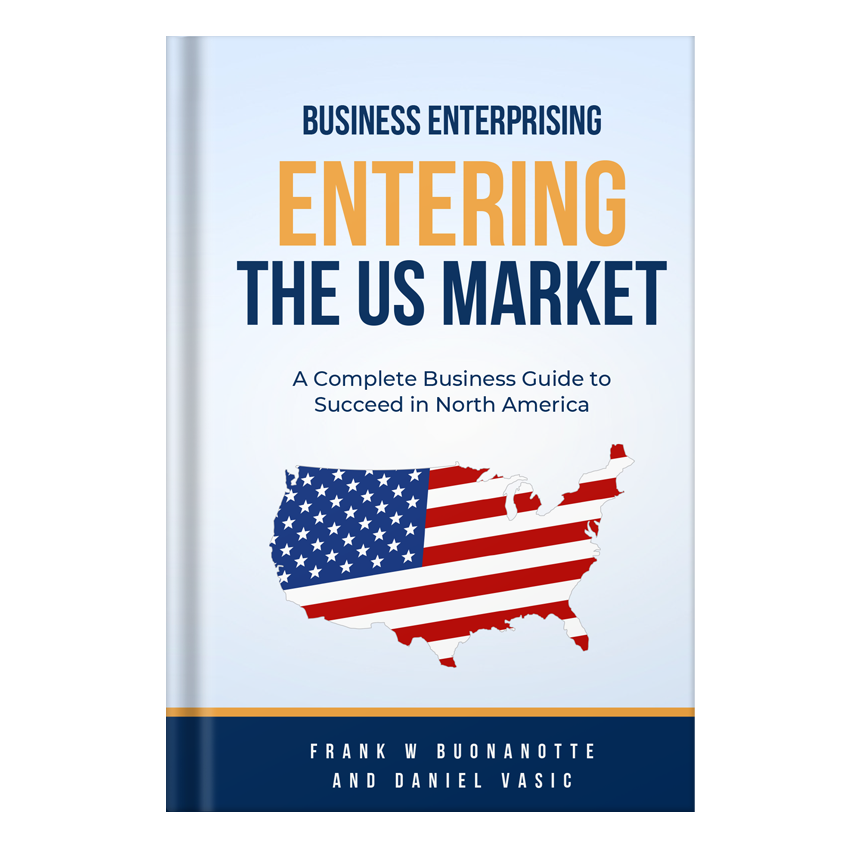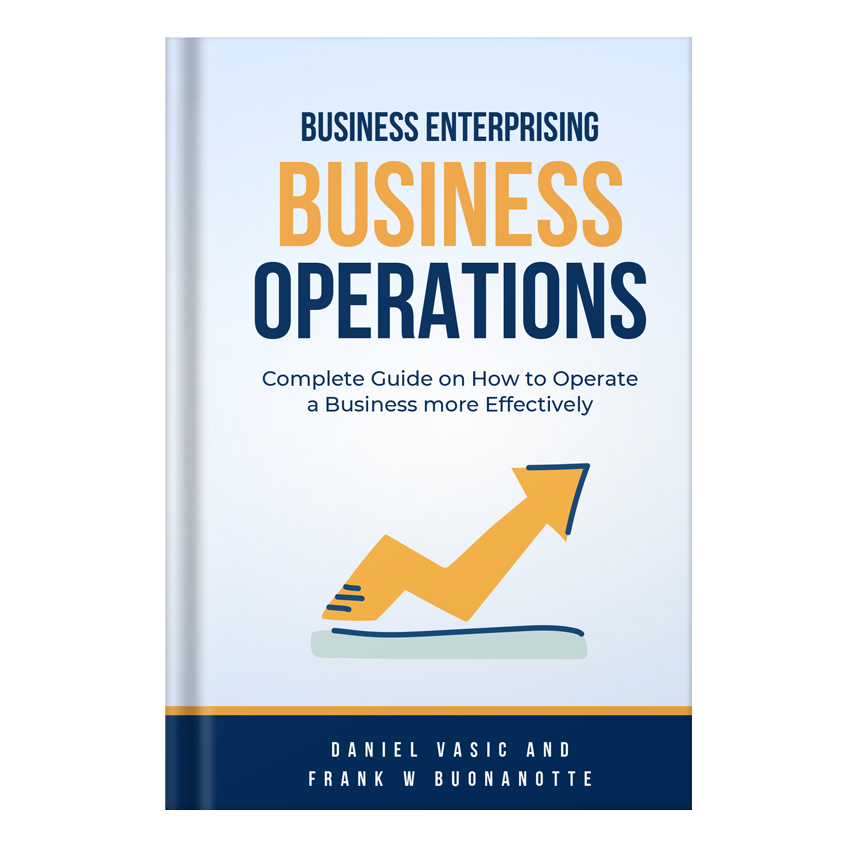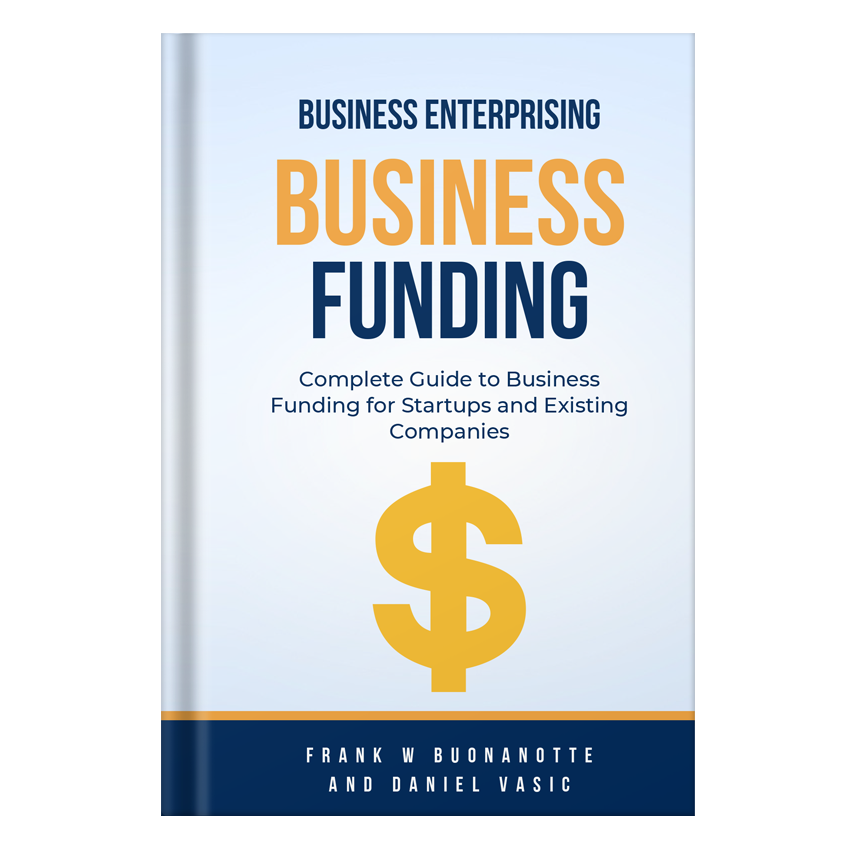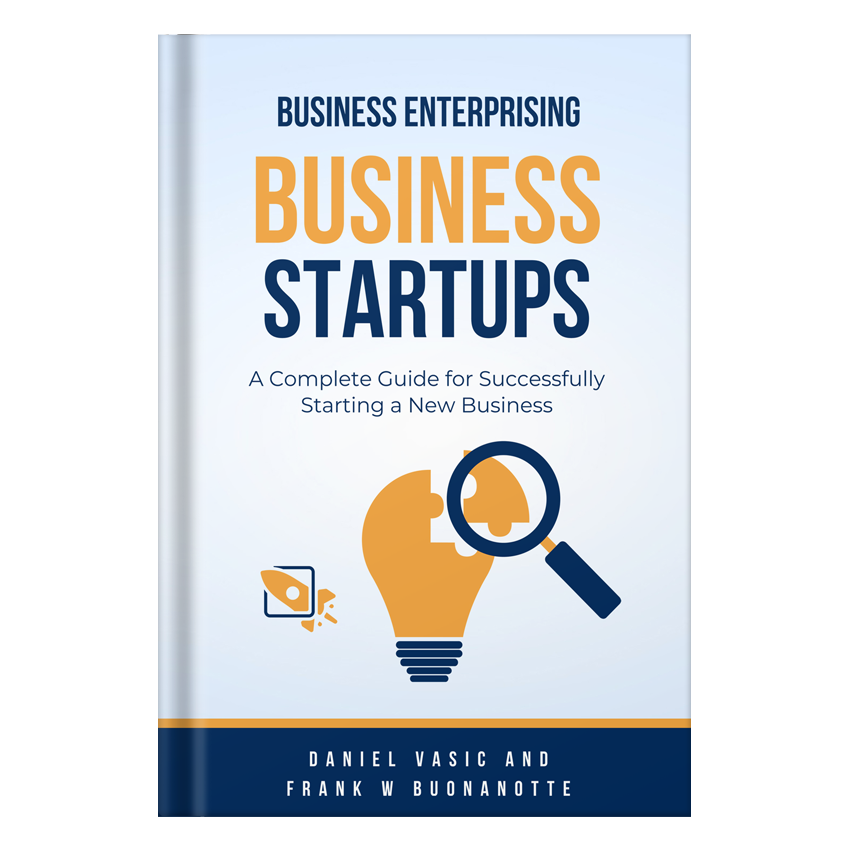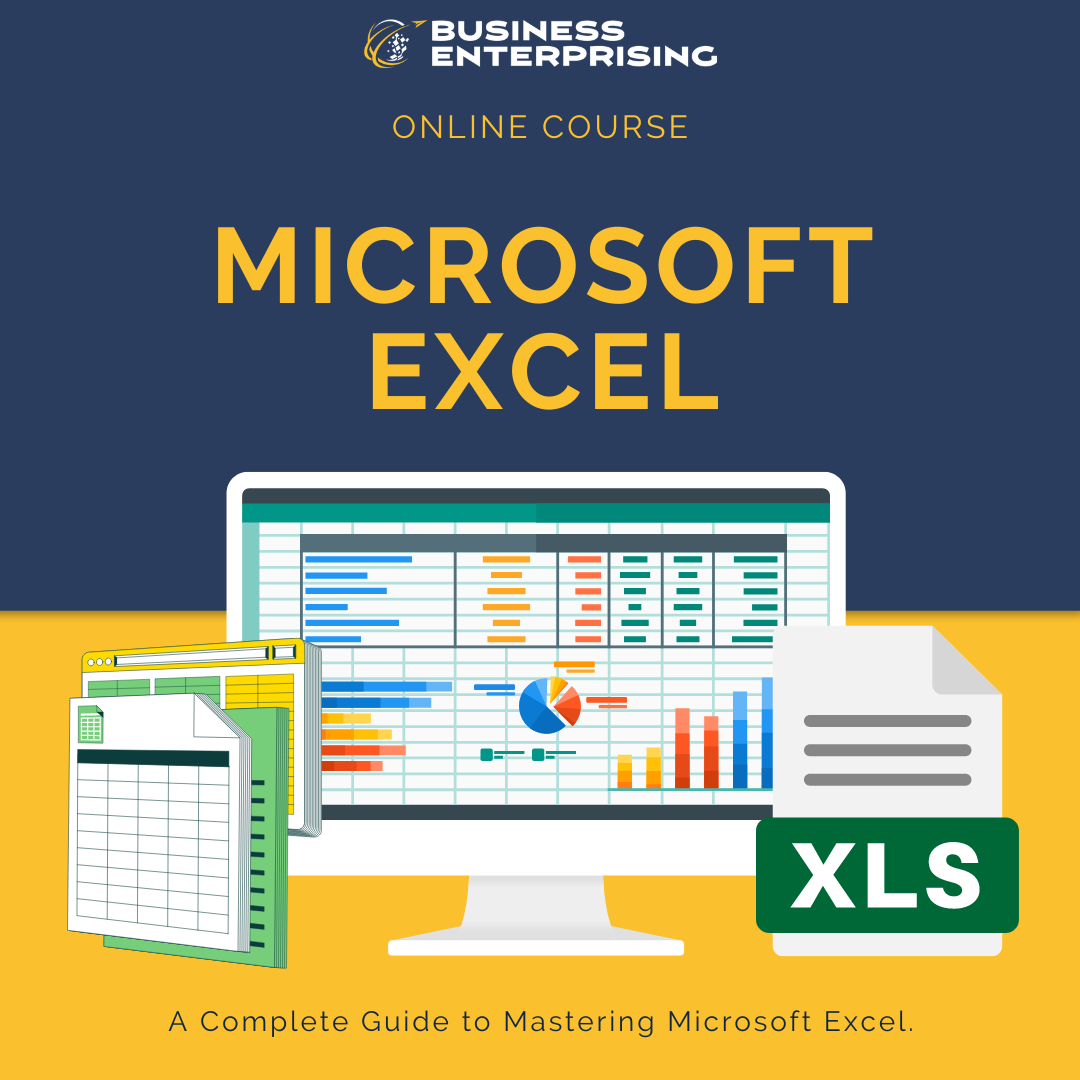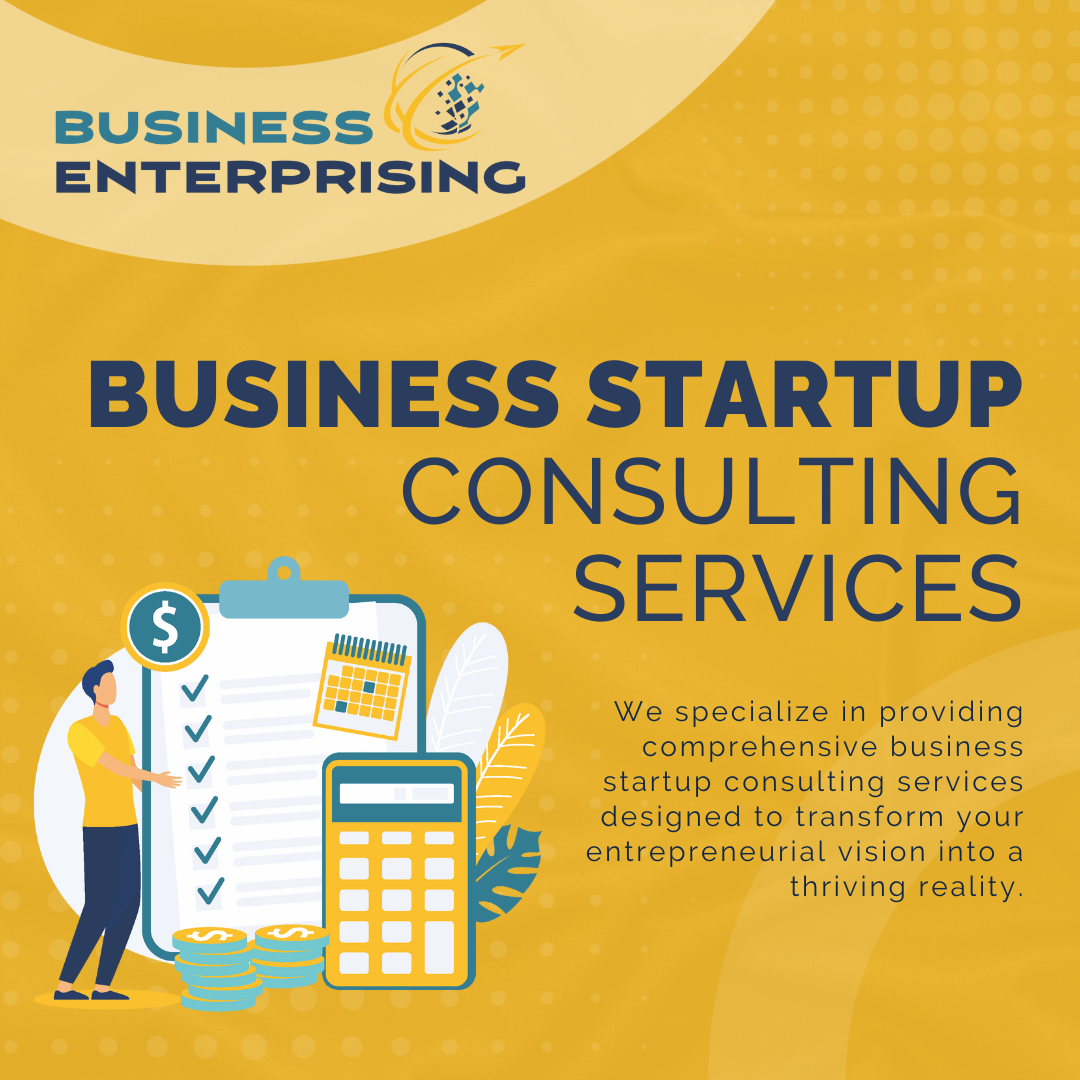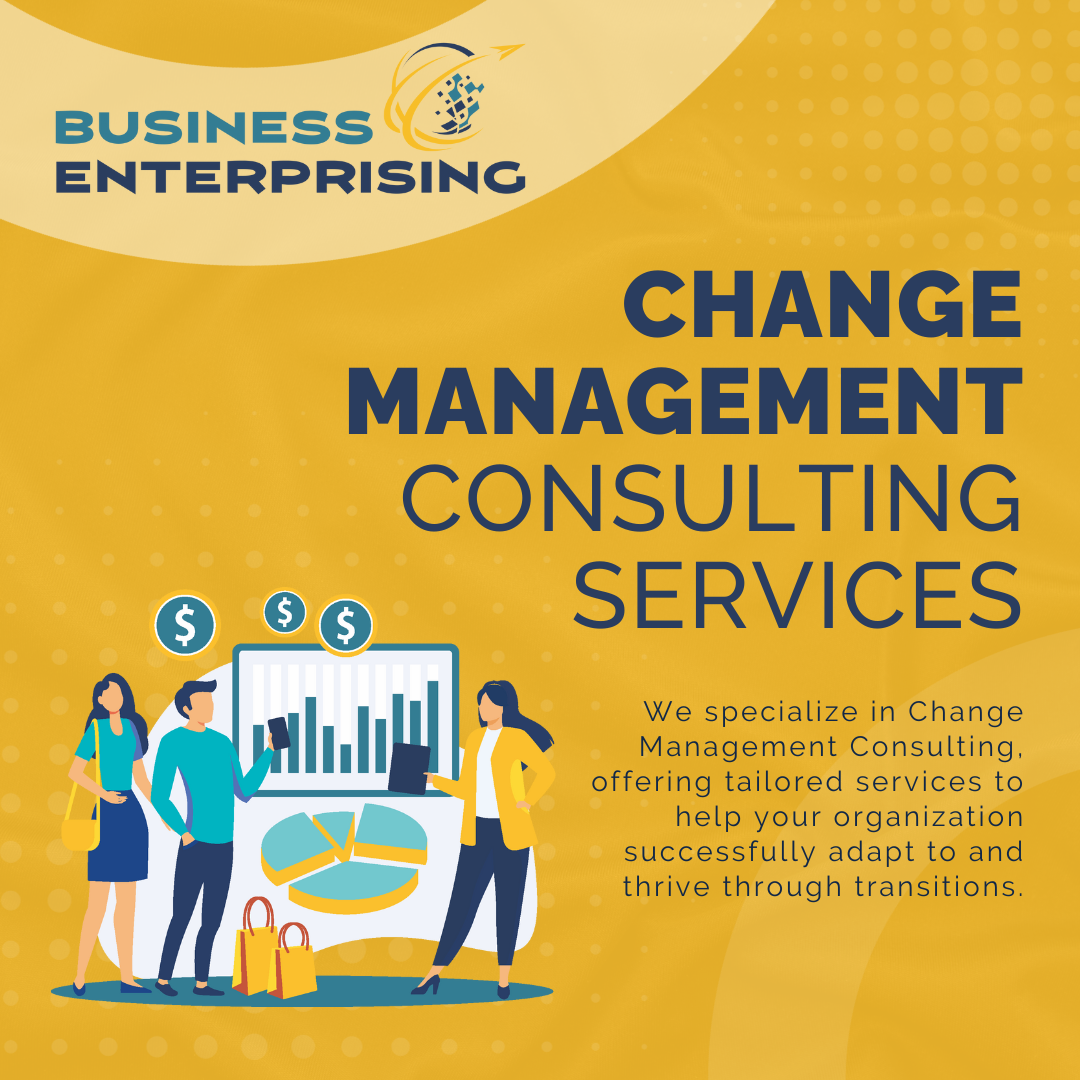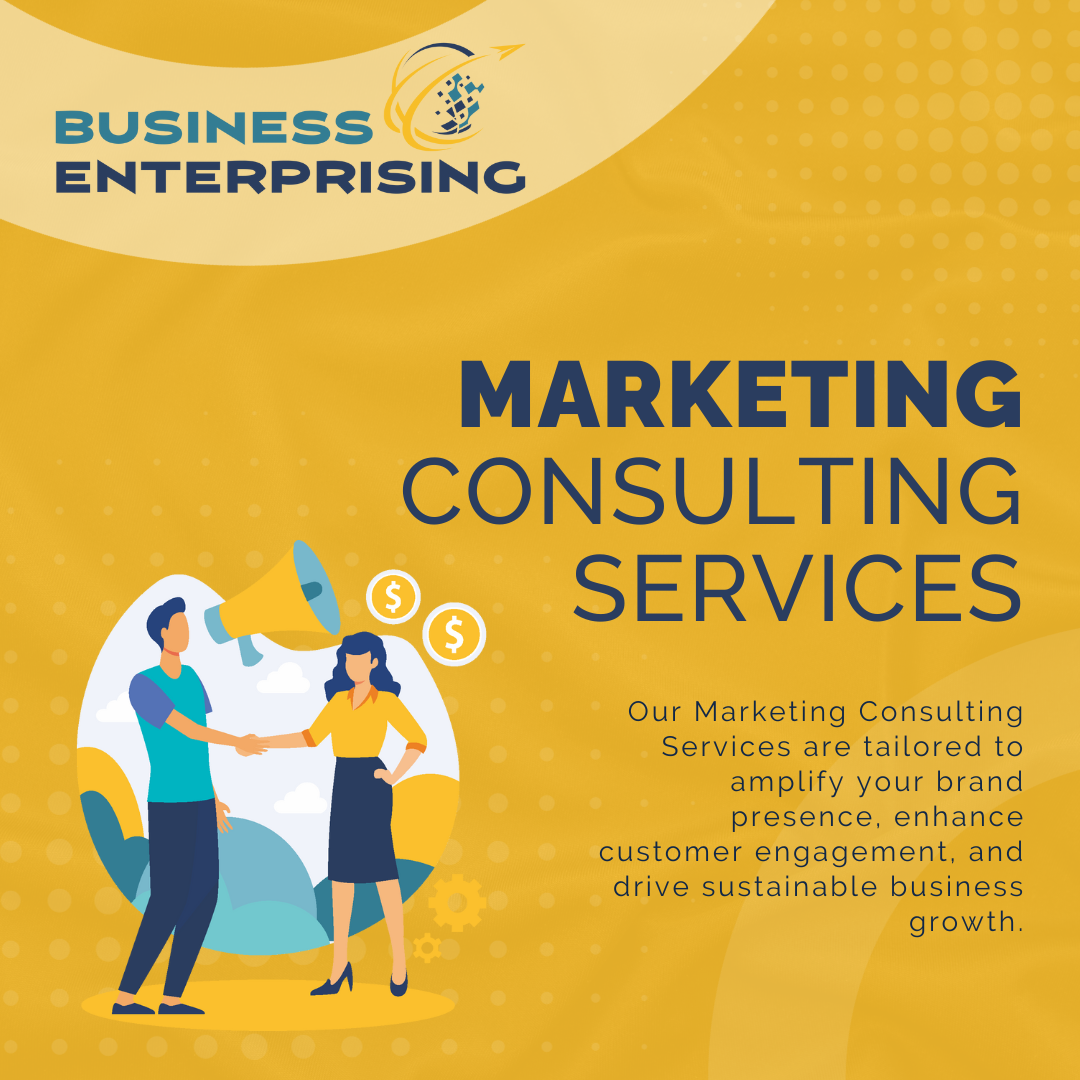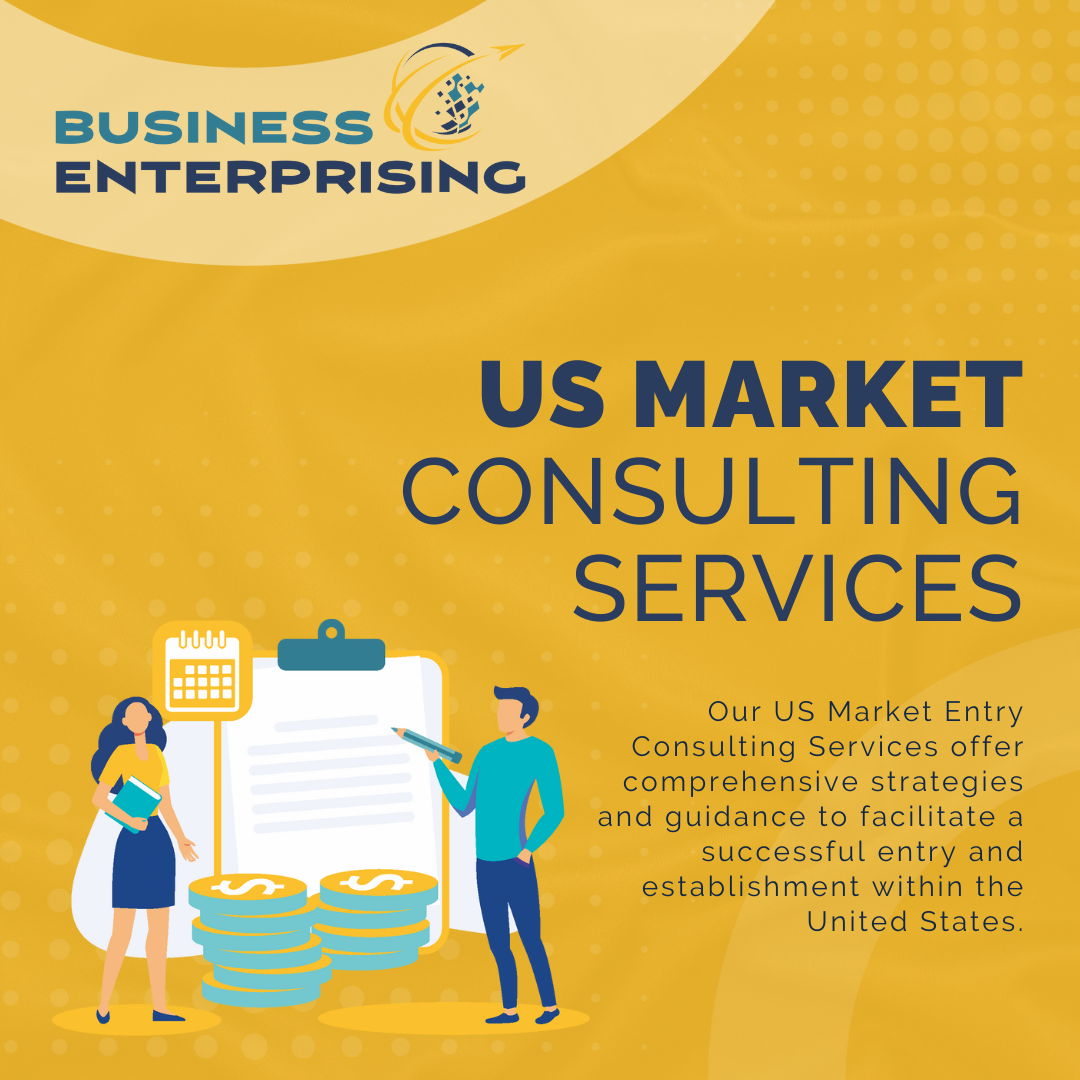Agile Strategy: How to Adapt Quickly to Market Changes
Adopting an agile strategy is crucial for maintaining competitiveness and responding to market shifts. Agility enables companies to adapt quickly to new challenges, customer needs, and emerging opportunities. Unlike traditional approaches, an agile strategy emphasizes flexibility, continuous improvement, and real-time decision-making. As industries evolve and new technologies emerge, businesses must remain proactive and responsive. Implementing…
Read articleCommon Pitfalls of Business Startups
Starting a business is an exciting journey, but it comes with numerous challenges that can threaten long-term success. Understanding the common pitfalls of business startups is essential for avoiding costly mistakes that often lead to failure. From insufficient market research to poor financial planning, these obstacles can severely hinder growth if not addressed early. Many…
Read articleStrategies for Uncertain Economic Times
Navigating economic uncertainty requires businesses to be agile and strategic in their approach. Implementing effective Strategies for Uncertain Economic Times can help companies maintain stability and thrive despite challenges. In an unpredictable environment, businesses must focus on building financial resilience, adapting their models, and exploring new growth opportunities. Additionally, retaining loyal customers and leveraging technology…
Read articleCompetitive Analysis for Strategic Advantage
Competitive Analysis for Strategic Advantage is a crucial practice for businesses aiming to thrive in today’s competitive landscape. By systematically assessing competitors’ strategies, operations, and market positioning, companies can gain valuable insights into industry trends and customer needs. This analysis helps identify gaps in the market, uncover growth opportunities, and highlight potential risks. Regularly conducting…
Read articleThe Fundamentals of Business Strategy
The fundamentals of business strategy are crucial for ensuring success over time. By using Key Performance Indicators (KPIs), companies can monitor how effectively their strategies are achieving their goals. KPIs provide clear, measurable insights that help businesses stay on course or make necessary adjustments. In today’s dynamic business environment, the ability to adapt strategies in…
Read articleOnline Business Opportunities
The rise of the digital economy has created numerous Online Business Opportunities for entrepreneurs seeking ways to earn income. Whether through e-commerce, freelancing, affiliate marketing, or creating digital products, the online space provides diverse avenues for business growth. These opportunities require minimal upfront investment and can reach a global audience. This makes them accessible to…
Read articleReal Estate as a Business Model
The concept of Real Estate as a Business Model includes various strategies using property to generate revenue. These strategies capitalize on market opportunities. They range from residential and commercial developments to innovative investment platforms. Real estate offers a unique mix of risks and rewards. This introduction will cover the key aspects of real estate investment.…
Read articleSales Incentives for eCommerce Websites
Incentivizing customers with referral programs and affiliate partnerships is a key strategy for boosting customer acquisition and visibility. These sales incentives for eCommerce websites motivate customers and partners to promote products in exchange for rewards. This approach creates a cost-effective, scalable marketing solution. Referral programs rely on word-of-mouth, a trusted form of recommendation for potential…
Read article







